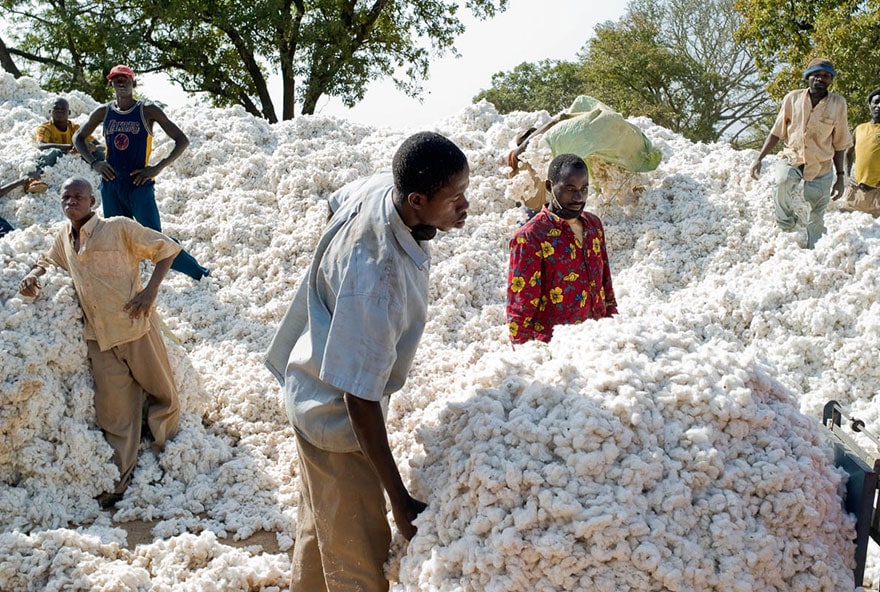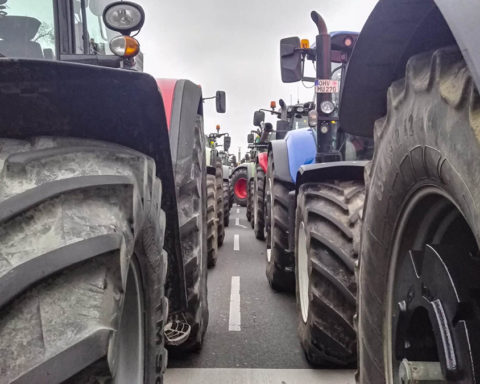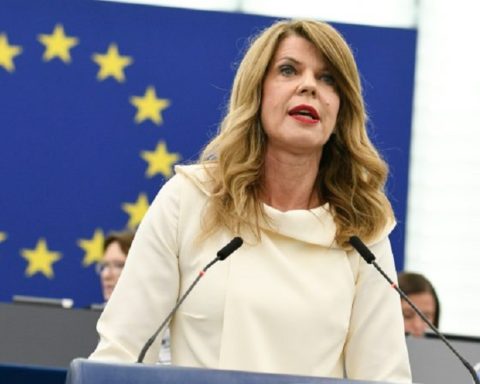The thorny issue of genetically modified (GM) crops is resurfacing. Addressing the Davos Economic Summit, Bill Gates recently stated that GM crops are an essential weapon in the fight against hunger and poverty in Africa.
But Bill Gates did not mention one important piece of news, namely that Burkina Faso - the most important African country in terms of GM crops - has recently started to grow GM crops. its release BT cotton. This is the transgenic seed the most used by the continent's poor farmers. Why has Burkina Faso, a country facing hunger and poverty, turned its back on what Gates presents as an indispensable instrument of development?
One of the first countries to adopt GMOs
In 2003, Burkina was the first country to test the cultivation of BT cotton, in partnership with the firm Monsanto. BT refers to a toxin, the Bacillus thuringiensiswhich eliminates the pink worm, an extremely damaging and widespread pest of cotton plants. Monsanto introduced the insecticide gene into local cotton varieties in Burkina, which were made available to farmers starting in 2008.
This adoption of transgenic seeds made headlines. Burkina Faso is not only one of the world's most large producers cotton, but this crop is also considered to be the most important crop in Africa. development locomotive agriculture in the country.
The introduction of BT cotton has allowed a increase of cotton production; in 2014, Burkina Faso had the largest number of GMO producers in the entire continent: more than 140 000 small farmers were then growing BT cotton.
This success story has been largely celebrated as an example of how GM crops can help the most vulnerable farmers. Many of them have adopted this technology, and for good reason. Studies have clearly shown that BT cotton has increased yields and profits. The average gain was 50 % - even with the cost very high from these seeds.
In addition, GM cotton farmers use a great deal of fewer pesticides The number of applications has been reduced from 6 to 2, drastically reducing farmers' exposure to dangerous chemicals and saving them precious time.
BT cotton suffers from its poor quality. Shutterstock
How do you explain the turnaround?
BT cotton, however, has not been a godsend for everyone.
The inferior quality of this transgenic cotton fibre has indeed inflicted severe losses on the country's cotton companies, leading to a total shutdown of BT cotton production for the next two years. The managers of the companies concerned and of Monsanto mention two main problems related to the quality of the fibres of this transgenic cotton:
- Monsanto's varieties produce shorter and lower quality fibre, which leads to a decrease in the value of production on international markets.
- Although yields are higher, the amount of mechanically harvestable cotton has decreased. In other words, BT cotton has less fibre, and the fibre quality is lower.
For farmers, who benefit from a guaranteed price from the cotton companies, this lower quality of fibre is not a real deterrent. But for these same companies, the situation is catastrophic. The combination of less mechanically harvestable cotton and lower quality has significantly reduced their profits.
The cotton companies, which have control over the seeds and inputs they distribute to farmers, have thus been able to stop growing BT cotton, much to the dismay of many farmers.
Complex debates
The example of Burkina Faso illustrates the complexity of the debates surrounding the benefits of GM crops for poor farmers. In this case, the technology has fulfilled its specifications: enabling crops to resist pests, reducing the use of pesticides and increasing yields. Many farmers value these services and are demanding them.
But the unexplained impact on the fibre length of BT cotton is causing companies to turn their backs on this technology. If BT Cotton wants to continue its success story in Burkina, Monsanto will have to deal with this problem.
This turn of events raises another question: what about the development of GM crops on the African continent? Will other transgenic seeds have unexpected and damaging effects? Will the institutions and companies in charge of their development be able to act transparently?
The case of Burkina Faso clearly shows the perils that exist in trying to approach the question of agricultural development in a simplistic manner. By focusing on only one aspect - in this case, resistance to a pest - surprising and painful consequences for other aspects - cotton quality - can emerge.
In Davos, Gates also said that "Africans will choose to feed their people," making the case for the spread of transgenic seeds. But, after years of use, Burkina Faso has just given a scathing denial to this way of looking at the future of the continent.
Brian Dowd-UribeAssistant Professor, International Studies Department, University of San Francisco
Matthew SchnurrAssociate Professor Department of International Development Studies, Dalhousie University
![]()
This article was originally published on February 15, 2016.
The original text of this article was published on The Conversation.













